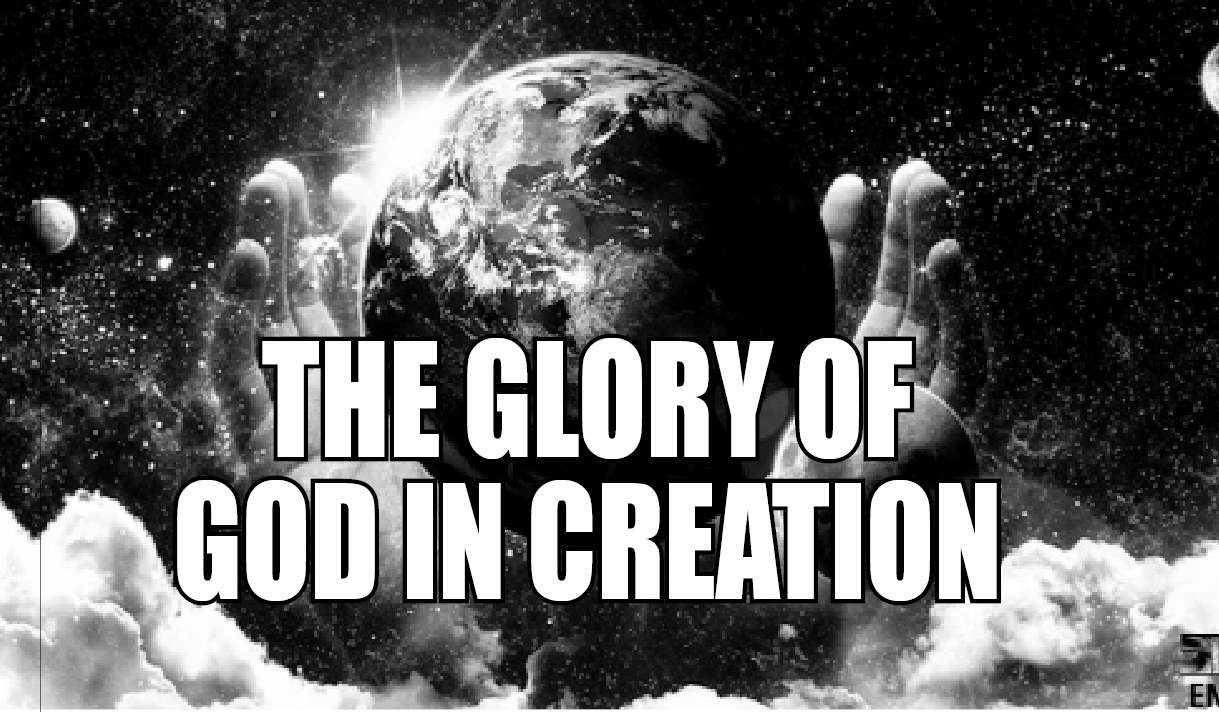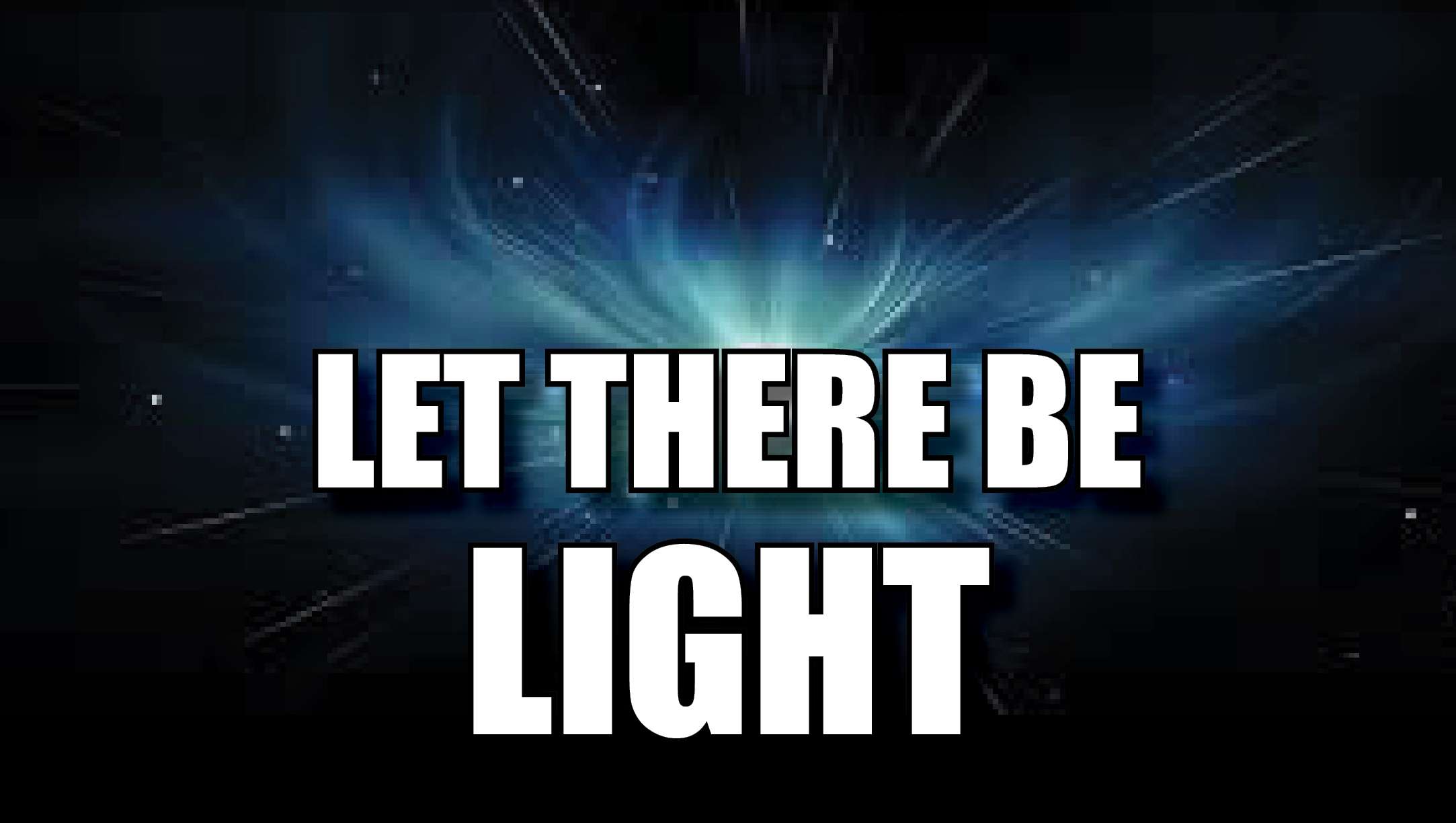

The Name of the Lord “I AM that I AM” Ex. 3:14
Dr. K. G. Jose
Call Narrative
The revelation of the name of God occurs in the context of the call of Moses. The call narratives of great ministers are given concerning Joshua (Josh 1), Gideon (Jud 6), Samuel (1 Sam 3), Isaiah (Isa 6), Jeremiah (Jer 1), and Ezekiel (Ezk 1-3). In the call narratives God initiates the contact. Moses is not in search of God; other ministers too heard the call while in their business. They are all humble, inadequate and reluctant to take up the call; so need signs. They struggle with their call. Salvation comes from the Lord and the ministers are in the final analysis, irrelevant. God is greater than their inadequacies or talent or experience. God meets us where we are. In the NT, the carpenter's Son is not prestigious. No obstinate objection from Jesus, but makes cries and prayers to the Father.
Definition, is not a proper terminology in relation to the revelation. Moses could not define the revelation neither to fellow Israelites nor to Pharaoh. In every area of revelation, there is an aspect of clarification and mysteriousness. The God of the Bible is a God who reveals and hides. The name Yehovah is also such a revelation. There are certain things clarified concerning Yehovah but certain aspects remain a mystery. There is mystery in Sinai revelation, resurrection, eschatology, and all through the Bible. God hides His appearance with cloud but the cloud itself is a revelation. Things revealed is for our blessing and we receive it with all eagerness. Things hidden is to humble us before the Almighty. There is a lot of mystery in relation to one of the greatest sufferers, Job; not much mystery to simple sufferers.
The Holy Fire
Theologians understand Angel of Yehovah in OT as manifestation of Christ incarnate. Here the bush is not consumed-fire’s natural property is temporarily suspended. We should respect the mystery that neither we nor the writer himself can fully explain. It is worth noting that Moses is not told to stop advancing until he removes his sandals, for a command to come closer is never given. Stay where you are-not another step. In Joshua 5:15, through a divine encounter, a leader is commissioned to battle against those forces that oppose God’s people. Each minister has a battle of deliverance in the ministry.
It is not ordinary fire. It is the fire of holiness. Fire of God will not consume His people (Dan 3; Is 43:2). These are the first words of God on holiness, to Moses. At the identity of God in v 6, Moses appropriately hides his face, very much afraid to look, where he casually went earlier. What began as curiosity in v 3 becomes fear and reverence. Moses is getting a serious course on holiness. In v 3 Moses turned to see, but when he heard the voice of Yehovah, he did not turn his face but hid his face in fear. When we stand in the holy ground, we cannot turn, but we hid our face. We say today we preach hiding behind the shadow of the cross. We are not people who make a show in the Presence of God, rather hide our face.
The I Am
The name of Yehovah is one of the most important revelations in OT. The name reveals that I have a God who is in control of the past present and future. The name Yehovah shows no tense, no time, no beginning no end. No space limitation to Yehovah in Egypt or Canaan or wilderness, unlike the pagan deities restricted to a people and their land. He is without limit and we use His name for all our needs. Other names of God are connected to the attributes of God, while Yehovah is the name.
When Yehovah appeared to Moses, God speaks in the first person, I am the God of your fathers v 6; I have seen the depth of affliction v 7; I know their sorrows v 7; I came down to deliver v 8; I have seen the oppression v 9; I will send you to Pharaoh v 10. After speaking all these authoritative words of God in the first person, Moses asks, “Who am I, that I should go… that I should bring….” V 11. Then comes the answer of God “I will be (hayah) with you” v 12. This is the verbal form of Yehovah, the noun form. It was at the identity crisis of Moses that Yehovah reveals His identity. The question of Moses is not significant-Who am I, because ‘I am that I am” will be with you. Yehovah came down to deliver. “Thus you shall say unto the children of Israel, I AM has sent me” v. 14. It is the most decisive act of God in history and revelation in relation to Exodus.
When revelation came to Ezekiel, son of Buzi, a whirl of animals, wheels, and wings and only at the end he dare say, in cautiously guarded terms, that it was something which had the appearance of an image of the majesty of Yehovah. The prophet is almost terrified, to say it has the appearance of a man. In self-correction, he thus repeats the whole statement, referring it to glory (Kebod), the royal plenitude of power, is substituted for the person (Ezk 1). Prophet Daniel simply says, “The Ancient of Days” (Dan 7).
When the servants of God struggle in the ministry of deliverance, they struggle with their identity. But the identity is always with the “I am that I am”. Our identity is in the One who called us. Thus apostle Paul speaks, “It is no longer I”. The focus ought to be on Who is He, never “Who am I”. Here is the ultimate revelation. A new revelation that shook the greatest empire of the then world. The Word is powerful and mightier against golden sceptres of empires.
The strong resolution of the prophets and the hymnic fervor of poets of the Bible have their origin in the encounter with the personal will of Yehovah. The feeling of the responsibility of the man whom God has addressed, who understood the will of God, becomes an unbearable burden within him. When the Psalmist seeks mystery of divine existence 139:6, he comes up against a wonder, makes him anxious, “Whither shall I go from thy spirit?”. It is not a desire to run away but the awful presence being felt everywhere amazingly.
Yehovah is my name (Is 42:8); others are titles. Hebrew has no “J” sound. Jehovah is Latinized transliteration of the Hebrew. It is not crucial for faith to pronounce correctly where the language had no vowels. Vowel signs in Hebrew language are a post-Christian development. The attitude and quality of the speaker is important. The third commandment, “Thou shall not take the name of Yehovah your God in vain”. The name of God has awe in pronouncing it. The name is His nature; the essence of personality and power.
OT faith is based on historical experience and the name Yehovah is connected to deliverance. Names of God are concepts of specific experiences of God. Yehovah is exclusively the name, while other terms are not names as such. Yehovah is revelation at the historic deliverance at a concrete situation. It is God’s own declaration and His prophets proclaim with authority, “Thus says Yahweh”. It is a religion not connected to the neighboring religions but a new beginning of religious experience. Men of God at other revelatory experiences, met God in a unique way and perceive and bow down. But Moses still doubts. Simple revelation has a simple consequence; complex ones have far reaching consequences. At the cross Jesus prayed, Father, forgive them, for they do not know what they are doing. It took time for humanity to understand some aspects of the cross.
This name is not connected to Moses’ experience of God but the name comes from the mouth of Yahweh Himself (Ex 3:14). There never existed this name in the history in any nation. This is the beginning of a great series of revelations through prophet Moses. Yehovah occurs 5321 times in the OT. The reading of the name is obscure as the vowels are given differently, because the name was not pronounced by the people of Israel. The most common form is Yehovah. Yehovah is a noun and the meaning of Hebrew words derived from the root form in the verb, which is hayah, meaning “To Be”, “he who is”, “being in person”; “I am who I am”; “I will be who I will be”; “I create what I create”. All this seems to be preparatory, but real name is “I AM”; I AM has sent me to you. God reveals to Moses, “I am Yahweh, the I AM, the God of your fathers. “Yehovah is one” means that in Yehovah everything that He is absolutely exhaustively and exclusively present (Dt 5:1. Is 45:6).
The Mission
Mission comes from a holy ground. It is a combination of vision which leads to mission, the mission associated with a revelation and finally from revelation to the commission. They are all firsthand experiences and events. It is not coming to the burning bush to fill curiosity. That is so common today. It is rather receiving the burden, entering into fire, in the holy ground. It is not enjoying the flame, standing afar. It is being in fire. It happens in the wilderness as John the Baptist and Jesus, both in the wilderness, receiving revelation, vision, mission and commission.
Pharaoh will not yield to persuasion, only a mighty hand will deliver. Yehovah, the man of war (Ex 15:3) does not fight for fighting sake. He fights for the triumph of His resolve to give to His people, which bears and is pledged to the name “God fights”, an inheritance, the necessities of life, and happiness. When He is not feared He is a jealous God. In man, jealousy is wounded love (Pr 14:30). The jealous and avenging God is thus venerable in soul (Na 1:2; Ps 94:1). Yehovah wills to be loved by those whom He loves and they see beauty with the name of Yehovah, “One thing have I desired of Yehovah, … to behold the beauty of Yehovah….” Ps 27:4). Yehovah is the name to be honored, feared but also the name with its bliss.
Conclusion
Yehovah sees oppression, He heard it, and He felt it emotionally and comes down to deliver. I saw their affliction… I heard their cry… I know their sorrows (Ex 3:7). Yehovah is well aware of the situation and will act. God came down to bring them up. Cry has reached high to heaven. One expects Yehovah to say, I will go to Pharaoh and give my people a decisive victory. But this verse throws all on Moses’ lap. Thus Moses questions God’s wisdom 5 times in the next chapter. Yehovah is angry with Moses and makes certain adjustments. The I AM with Moses is not yet convincing to Moses. Moses says, I cannot do this. Yehovah says, you are not, I am doing it. In Exodus God is not fulfilling the defeated hopes of Moses or ease the burden of slaves; He is going to establish a people for Himself. There are certain aspects of our life that is certain and clear to us. There are some aspects of life that is uncertain, and we often feel the uncertainty of it; but the answer is “I will be what I will be”. Churches are burned, Bibles are burned in almost all lands, but the Word of the Lord is not burned, rather burns the heart of humanity. The bush is set on fire, but fire for its benefit.
The great glory of our work is that God comes into it and reveals His glory. Unfortunately Israel did not make use of the name. It is the church that made of the mighty name in the world.











